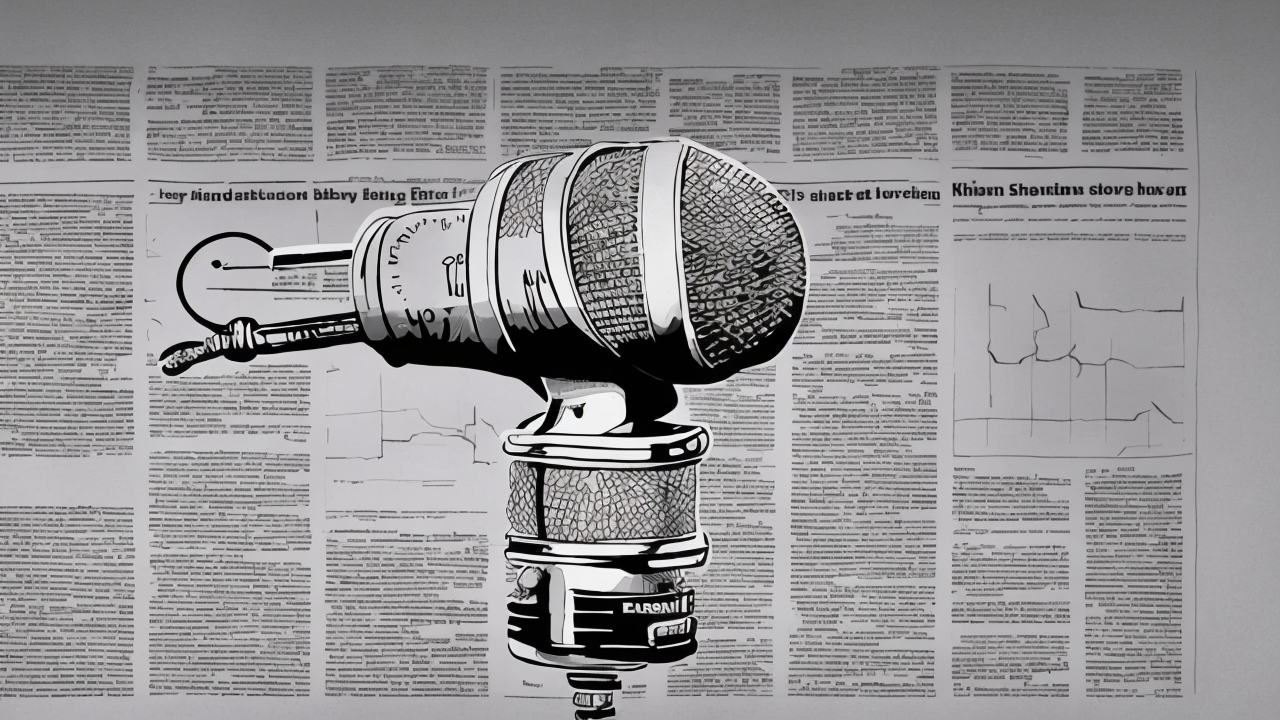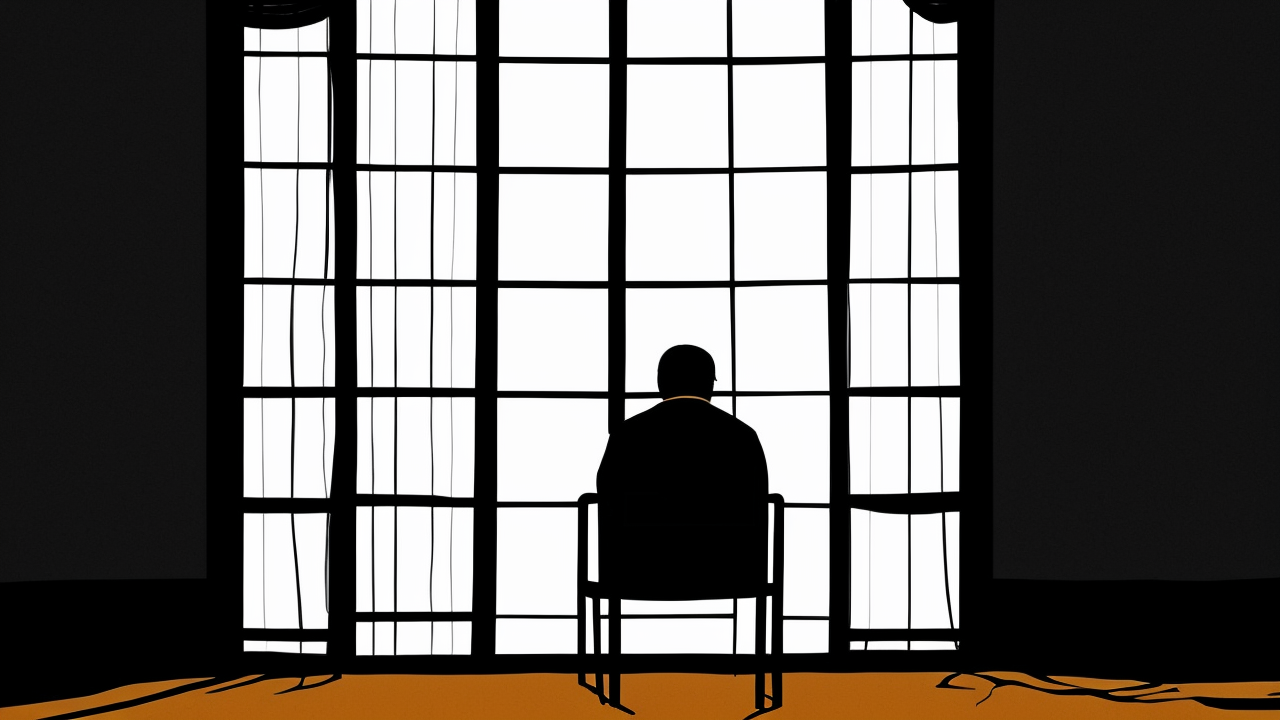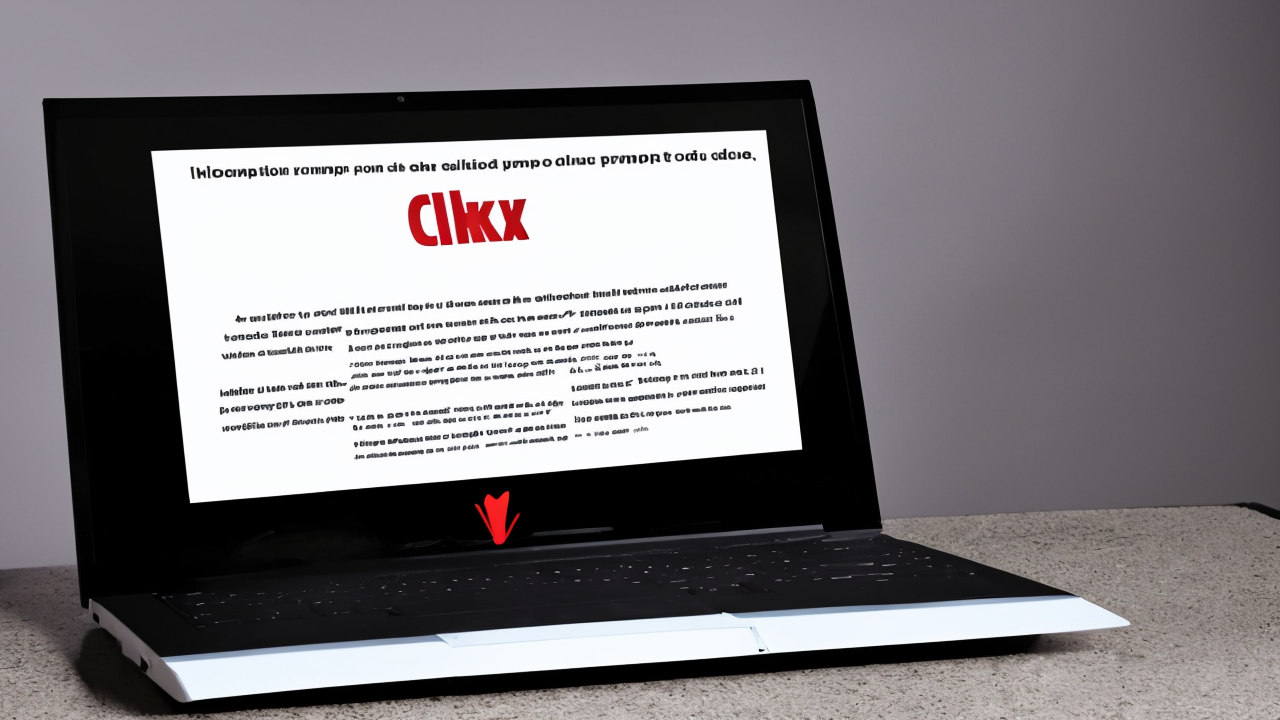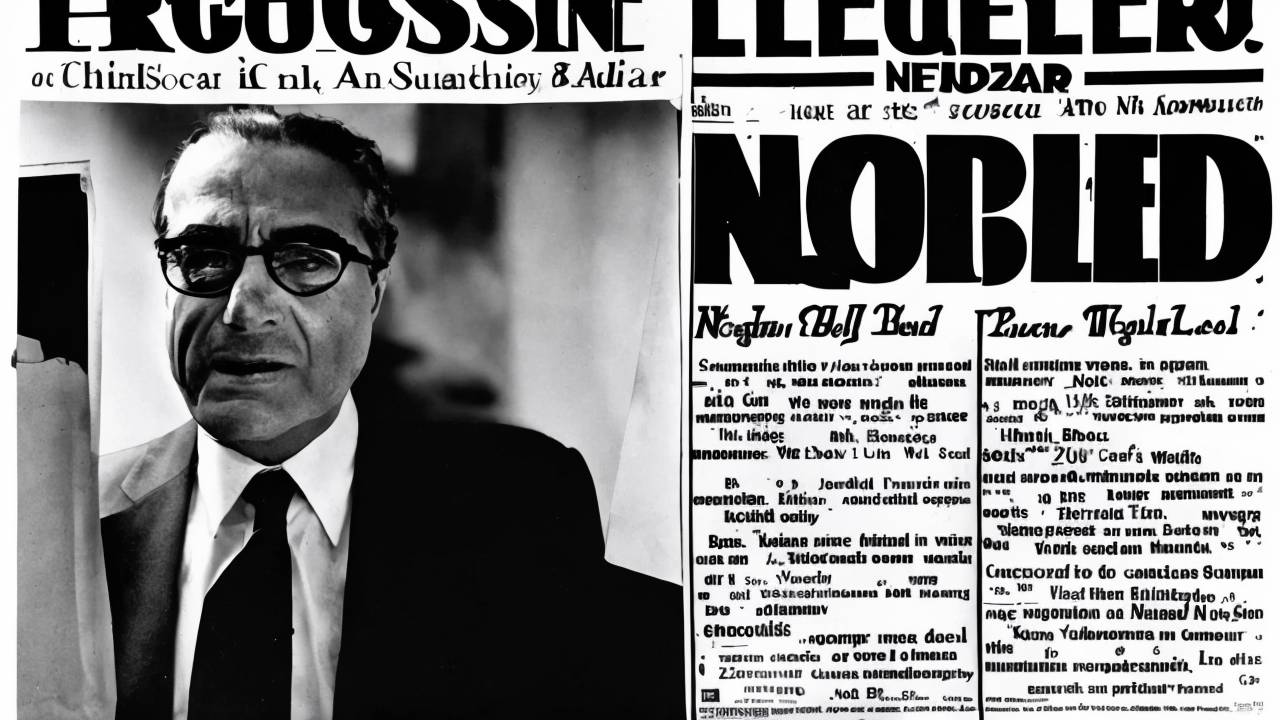US Government Shutdown Highlights Bipartisan Tensions and Strategic Moves
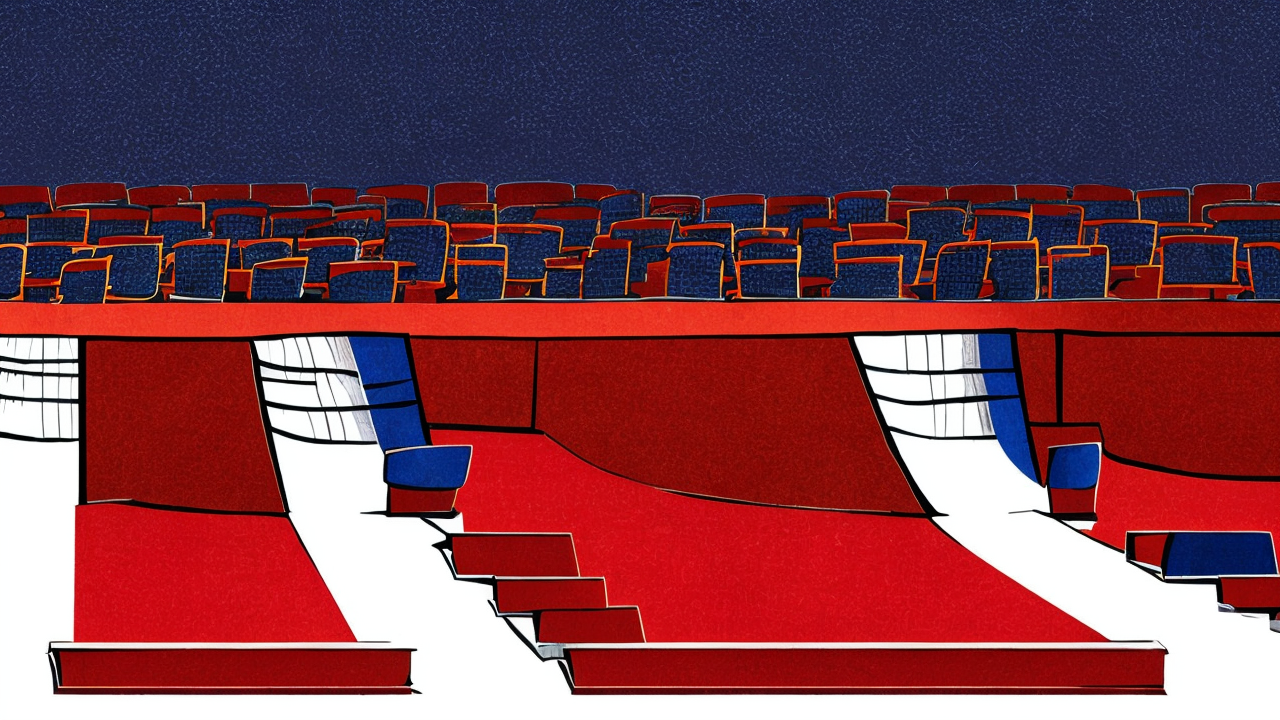
The federal government remains closed, not because of a lack of will, but because of a deeper fracture in how we govern ourselves. For over two weeks, hundreds of thousands of dedicated public servants have gone without pay, vital services have been delayed, and families have felt the ripple effects of political inaction. While the headlines focus on border security and budget caps, the real story is more fundamental: a nation struggling to reclaim its tradition of cooperation and shared purpose.
This moment is not simply a clash between parties. It is a symptom of a larger cultural shift—one that has replaced civil discourse with confrontation, compromise with coercion, and service with partisanship. The truth is, both sides have contributed to the gridlock. Democrats have refused to engage on key reforms, while Republicans have pushed hard for priorities that many believe are essential to national stability. Yet neither side has shown the restraint or humility required to find common ground.
The administration’s efforts to use executive authority to advance its agenda have raised serious concerns. While the intent behind securing the border and restoring fiscal responsibility is understandable, bypassing Congress sets a troubling precedent. The Constitution was designed to balance power, not to allow one branch to override the others when the process stalls. When leaders act unilaterally, even with good intentions, they risk weakening the very institutions they claim to protect.
Still, it is not only the executive branch that bears responsibility. The refusal of some members of Congress to negotiate in good faith has made compromise nearly impossible. When policy debates become battles of will, when every agreement is seen as a surrender, governance becomes a zero-sum game. The result is not progress, but stagnation. The American people do not want spectacle. They want results.
What is often overlooked is how this crisis affects real lives. Federal workers—teachers, park rangers, veterans’ advocates, and others—have been left uncertain, stressed, and unpaid. Many are trying to make ends meet while their paychecks are delayed. Their dedication to public service should not be treated as a political bargaining chip.
Yet amid the turmoil, there are signs of resilience. Grassroots leaders, faith-based organizations, and community groups have stepped in to help those affected. Local churches have provided food and shelter. Volunteers have offered support where government has failed. These efforts remind us that civic life thrives not just in Washington, but in the quiet corners of towns and neighborhoods across the country.
There is also a growing awareness that national unity depends on more than just policy. It depends on character—on leaders who prioritize duty over partisanship, on citizens who value common ground, and on a shared belief in the dignity of work and the importance of community. The current impasse is a wake-up call. It shows that when we lose sight of these values, government cannot function, no matter how many laws are passed or budgets are approved.
The path forward is not through more division, but through renewed commitment to the principles that built this nation: responsibility, integrity, and service to the common good. Leaders must remember that governance is not about winning at any cost. It is about stewardship—of public resources, of public trust, and of the people’s right to a functioning system that works for all.
The shutdown may end soon, but the lessons it offers should not be forgotten. A nation that cannot govern itself will struggle to lead. But if we choose to return to the values of cooperation, humility, and shared purpose, there is still hope. The foundation of our republic remains strong—because the people, when they choose, still believe in something greater than politics.
Published: 11/2/2025



